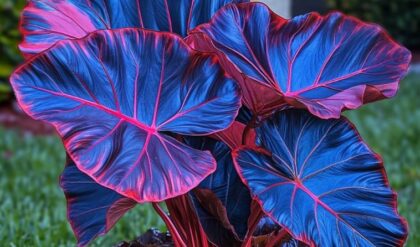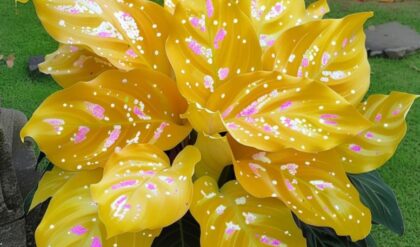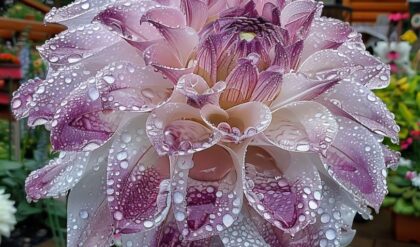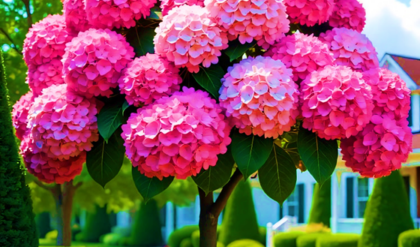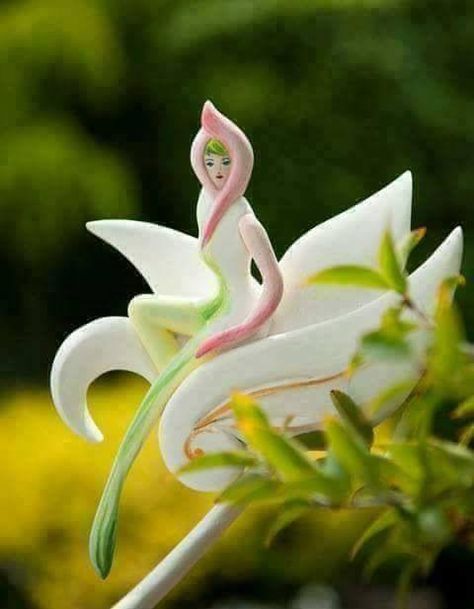
Tropical orchids are some of the most captivating and awe-inspiring plants in the world. With their vibrant colors, intricate patterns, and delicate blooms, these exotic beauties have the power to transform any space into a serene oasis. Whether you’re a seasoned gardener or a novice plant enthusiast, mastering the art of growing tropical orchids can be a truly rewarding experience.
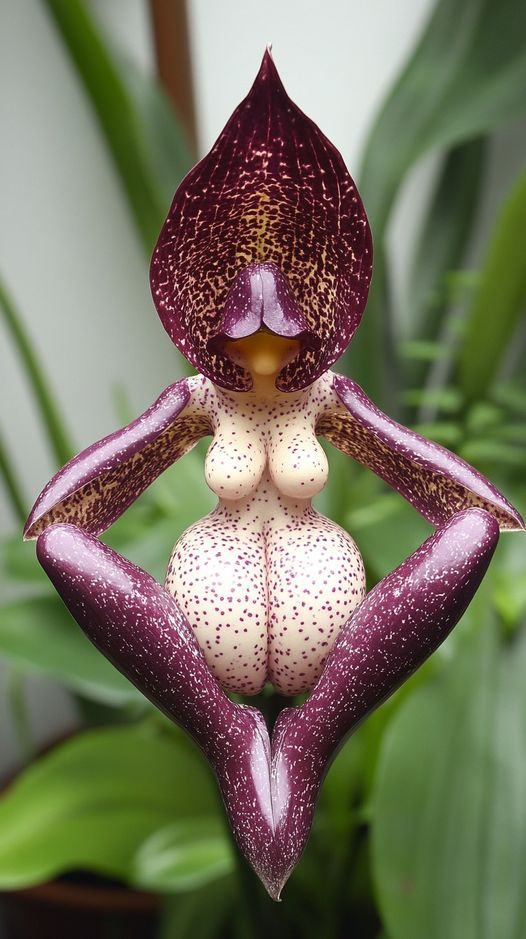
In this comprehensive guide, we’ll delve into the intricacies of cultivating these stunning flowers, exploring the essential environmental conditions, care techniques, and personal insights that can help you unlock the secrets to their successful growth.
Understanding Your Orchid’s Needs
The foundation of a thriving tropical orchid lies in understanding its specific requirements. From the ideal soil composition to the optimal temperature and humidity levels, every aspect of the plant’s environment plays a crucial role in its well-being.
Soil Composition
The right soil mix is the cornerstone of a healthy orchid. Unlike many other houseplants, tropical orchids thrive in well-draining, nutrient-rich potting mixes. These mixes typically include a combination of bark, perlite, and sphagnum moss, which provide the perfect balance of aeration and moisture retention. Ensuring the right soil composition is essential, as orchid roots can easily rot in waterlogged conditions.
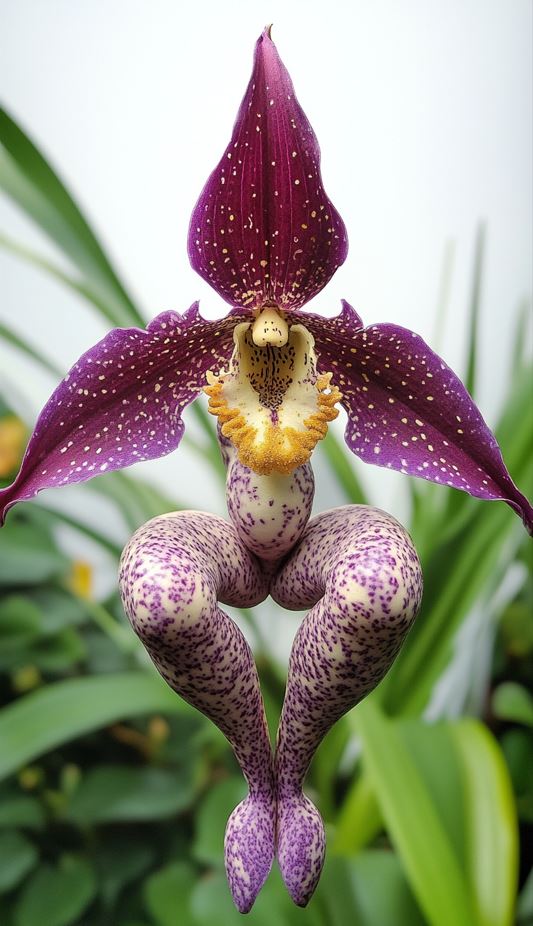
When selecting a potting mix, it’s important to choose one that is specifically formulated for tropical orchids. These specialized mixes are designed to mimic the natural growing conditions of these plants, providing the ideal substrate for their delicate root systems to flourish. Regularly repotting your orchids in fresh mix can also help maintain their vigor and prevent issues such as compaction or nutrient depletion.
Temperature and Humidity
Temperature and humidity are two critical factors in the successful cultivation of tropical orchids. These plants generally thrive within a temperature range of 65-85°F (18-29°C), with a preference for the warmer end of the spectrum during the growing season.
Maintaining the correct humidity levels is equally important. Tropical orchids require moderate to high humidity, typically between 40% to 70%. In a home environment, this can be a challenge, as many indoor spaces tend to be on the drier side. To overcome this, consider placing your orchids near a humidifier or using pebble trays filled with water to increase the moisture levels in the air around them.
Paying close attention to temperature and humidity fluctuations is essential, as sudden changes can stress the plants and inhibit their growth or even lead to premature flower drop. By creating a stable, orchid-friendly environment, you can ensure your tropical beauties reach their full potential.
Essential Care Tips
Proper care is the key to unlocking the true beauty and longevity of your tropical orchids. From watering regimens to nutrient supplementation, every aspect of their maintenance requires careful consideration.
Watering Regimen
Watering is a critical aspect of orchid care, and getting the balance right can be a delicate dance. Tropical orchids require consistent moisture, but they are equally susceptible to the dangers of overwatering. The goal is to keep the potting mix evenly moist, allowing the top inch of the soil to dry out before rewatering.
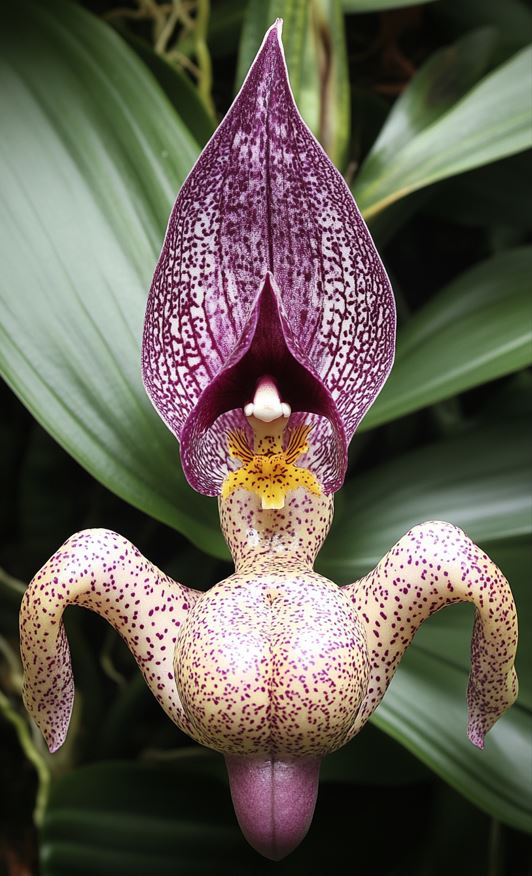
To achieve this, it’s essential to check your orchids regularly and water them accordingly. Avoid letting the mix become completely dry, as this can cause stress and inhibit growth. Conversely, be vigilant about not letting the roots sit in standing water, as this can quickly lead to root rot and other fungal issues.
One helpful tip is to water your orchids in the morning, allowing any excess moisture to evaporate during the day. This helps prevent the risk of stagnant water and reduces the likelihood of disease development.
Nutrient Supply
Fertilizing your tropical orchids correctly can make a world of difference in their growth and blooming potential. These plants require a balanced diet of essential nutrients to thrive, and a well-timed feeding schedule can provide the necessary support.
During the active growing season, use a water-soluble, balanced fertilizer every 2-3 weeks. The ideal ratio for orchids is typically something like 20-20-20 or 30-10-10, providing a mix of nitrogen, phosphorus, and potassium. This feeding regimen will help fuel the plant’s development, promoting robust foliage, strong root systems, and abundant blooms.
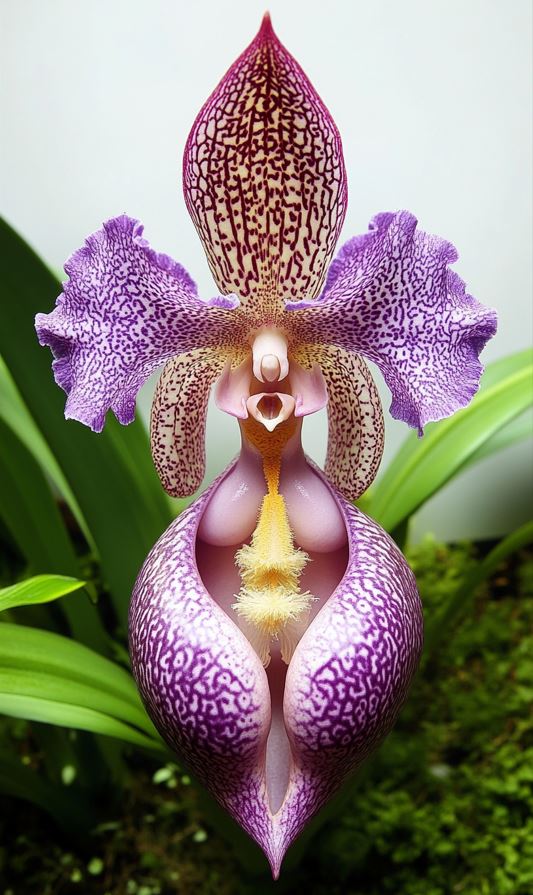
When the plant is not actively growing, such as during the winter months, you can reduce the frequency of fertilization to once a month or even less. This allows the orchid to rest and conserve its energy for the next growing season.
Remember, the key to successful fertilization is moderation. Overfertilizing can lead to issues like salt buildup in the soil or even nutrient toxicity, so always follow the instructions on the fertilizer packaging and adjust as needed based on your orchid’s individual needs.
Creating an Ideal Environment
Providing the right environmental conditions is essential for the long-term health and vitality of your tropical orchids. From lighting requirements to airflow considerations, every aspect of the plant’s surroundings plays a crucial role in its overall well-being.
Lighting Conditions
Proper lighting is a critical element in the successful cultivation of tropical orchids. These plants generally thrive in bright, indirect sunlight, with an ideal environment being an east-facing window where they can bask in the gentle morning light without being exposed to the harsh afternoon rays.
Too much direct sunlight can scorch the delicate leaves and cause irreparable damage, while too little light may inhibit the plant’s ability to bloom. Finding the perfect balance is key, and you may need to experiment with different placements to determine the optimal lighting conditions for your specific orchid variety.
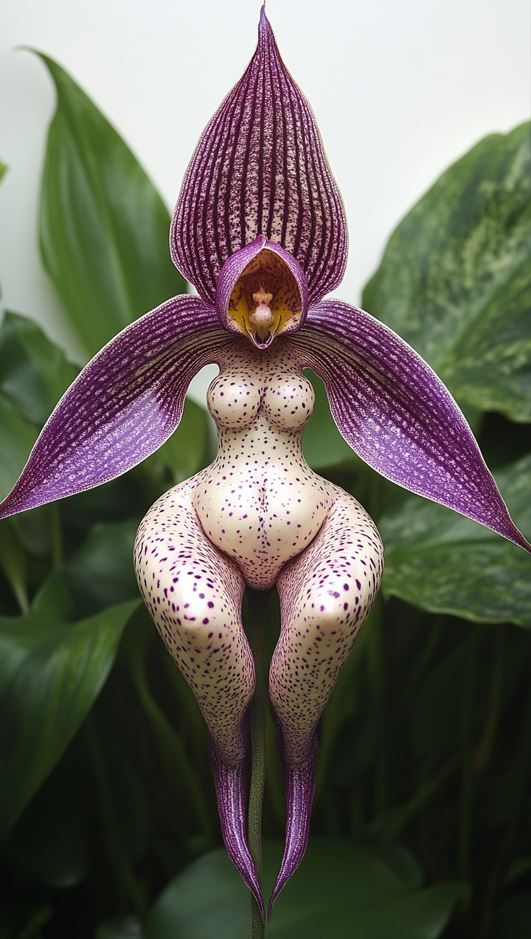
If you’re growing your orchids indoors, consider supplementing with artificial lighting, such as LED grow lights, to ensure they receive the necessary illumination. Adjust the light intensity and duration based on the plant’s needs, and be mindful of any changes in the seasons that may impact the natural light levels in your growing area.
Ventilation and Airflow
Maintaining proper airflow is essential for the health and well-being of your tropical orchids. Good air circulation helps prevent the buildup of stagnant air, which can promote the growth of harmful fungi and bacteria.
In their natural habitats, these plants often grow perched high in trees, exposed to gentle breezes that keep the air moving. To mimic this environment, consider placing your orchids in a location that enjoys a moderate amount of airflow, such as near an open window or a ceiling fan.
Alternatively, you can gently rotate your orchids on a regular basis to ensure all sides of the plant are exposed to fresh air. This simple action can make a significant difference in the plant’s overall vigor and resistance to disease.
Remember, too much airflow can also be detrimental, as it can cause the potting mix to dry out too quickly. Finding the right balance is key, where the air circulates freely without drying out the plant’s delicate roots and foliage.
The Joy of Cultivation
Growing exotic tropical orchids is more than just a gardening task; it’s a journey of creativity, patience, and personal growth. As you nurture these stunning plants, you may find yourself drawing parallels to other aspects of your life, discovering valuable lessons that extend far beyond the realm of horticulture.
Cultivating tropical orchids requires a deep understanding of their specific needs, and in many ways, this process mirrors the challenges we face in our own personal endeavors. Just as these plants require specific environmental conditions to flourish, so too do our own goals and aspirations. By learning to provide the right care and attention to our orchids, we may gain insights into how to approach our own life’s pursuits with the same level of dedication and patience.
Moreover, the act of tending to these magnificent flowers can serve as a therapeutic escape from the demands of daily life. Numerous studies have shown that engaging with nature can have a profound effect on our mental well-being, lowering anxiety and improving overall mood. As you immerse yourself in the intricate details of orchid cultivation, you may find a sense of tranquility and mindfulness that can help you recharge and refocus.
Imagine the delight of returning home after a long day to find your tropical orchids in full bloom, their vibrant colors and delicate blooms a testament to the beauty that can arise from nurturing life. This connection to the natural world can be a powerful source of inspiration, reminding us that with the right care and attention, even the most exotic and seemingly delicate things can thrive and flourish.
In the end, growing exotic tropical orchids is a deeply rewarding endeavor that intertwines the science of horticulture with the art of personal growth and self-discovery. By embracing the challenge of cultivating these stunning plants, you may unlock a world of wonder, serenity, and a deeper appreciation for the beauty that can be found in the natural world.
Conclusion
Mastering the art of growing exotic tropical orchids is a journey filled with both challenges and immense rewards. By understanding the specific environmental needs of these plants, implementing essential care techniques, and creating an ideal growing environment, you can unlock the secrets to their successful cultivation.
As you embark on this horticultural adventure, remember that each step is a opportunity to learn, grow, and find inspiration in the natural world around you. Whether you’re a seasoned gardener or a novice plant enthusiast, the journey of cultivating tropical orchids can be a deeply enriching and transformative experience.
So, embrace the power of these magnificent flowers, and let them inspire you to nurture not only your garden, but also your own personal growth and well-being. With the right knowledge, dedication, and a touch of creativity, you can bring the captivating beauty of exotic tropical orchids into your own living space, creating a serene oasis that nourishes both your senses and your soul.
